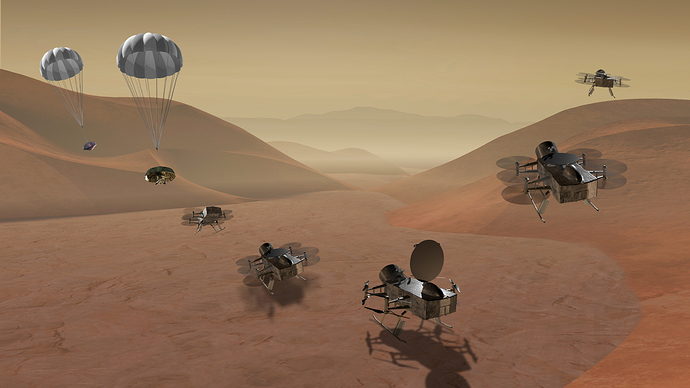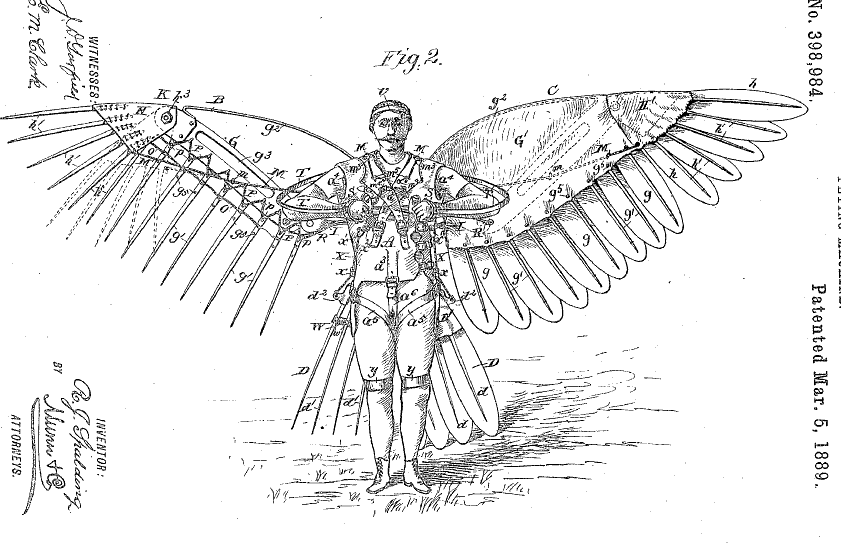Boy that parking lot needs repair.
And here I thought it was a road in rural Québec…
Cooperation difficulties between major space agencies mean we may see three (or even four) separate missions to Jupiter’s moons in the 2020s:
- Europa Clipper: NASA’s mission to map Europa in detail, at and below the surface
- Jupiter Icy Moons Explorer: ESA’s mission to orbit Ganymede
- Laplace-P: Roscosmos’s plan to land on Ganymede
In the unlikely event that NASA has sufficient budget, they may also launch the Europa Lander in this time period, but that would be the agency’s third flagship project in the decade, so I doubt that will happen before 2030 – but will be pleasantly surprised if it does.
The primary difficulty at Jupiter is the intense radiation field preventing cheap, extensive operations at the inner moons, Io and Europa. While on the one hand the possibility of having so many probes in the system at once is exciting, I hope that doesn’t come at the expense of potential Uranus, Neptune, and trans-Neptunian targets which we probably won’t get to until deep into the 2030s at this rate.
@LockeCJ is there any way to raise the onebox string-length limits? i feel like headlines shouldn’t need to be cut off after only a few words
It should be obvious which I’m rooting for:
Now it might seem that flying a drone in an alien atmosphere is too risky a proposition, that it’s overly ambitious to test so much unproven technology a billion kilometers away. But as a wise man once said,
Scientists have calculated that the chances of something so patently absurd actually existing are millions to one. But magicians have calculated that million-to-one chances crop up nine times out of ten.
So this is clearly the right project for NASA to pursue at this time.
One difference from Discworld is that magical thinking works in our world much better if you are privileged than if you are not. Cosmo Lavish and Reacher Gilt learned the opposite to their cost.
Wouldn’t it be more efficient to send a blimp?
Atmosphere is 4x Earth’s, gravity is 1/7th, so it should take a lot less energy to fly. (They say a human could fly on Titan flapping cardboard wings.) The other consideration apparently is a copter can land more easily and precisely than a blimp. Still this seems like quite an engineering project!
I would like to see a schematic for said wings
Feathers, check.
Wax, check.
One problem I see is that wax would probably not be too sticky at Titan temperatures.
This conversation’s reminding me of an old sci-fi book I read ages ago (which I haven’t been able to remember the title of by googling, darn it), where the characters ended up developing inflatable fins built into their clothing (loosely based on dolphins, IIRC) that could be used to “swim” through the atmosphere in low gravity locations…
Cross country ski wax might do it.
Ah hah! Finally found a set of search terms to hit on it. “For The Birds”, by Isaac Asimov.
I smell a fix!


